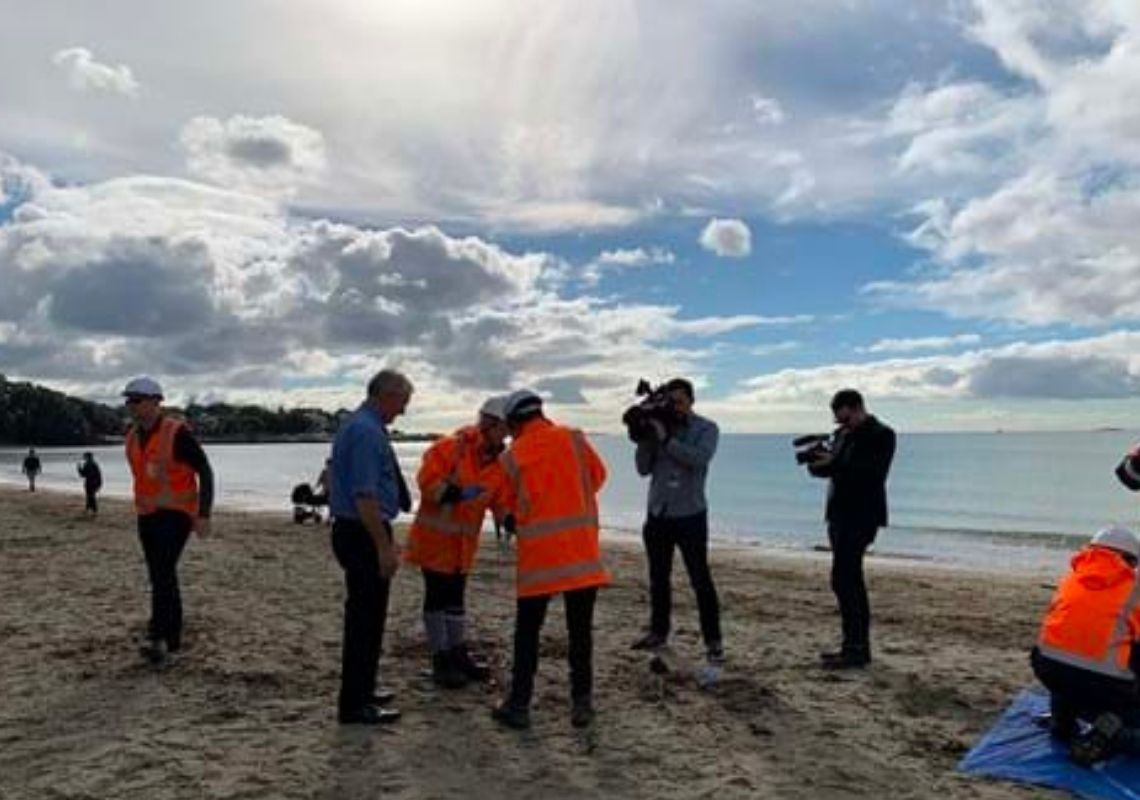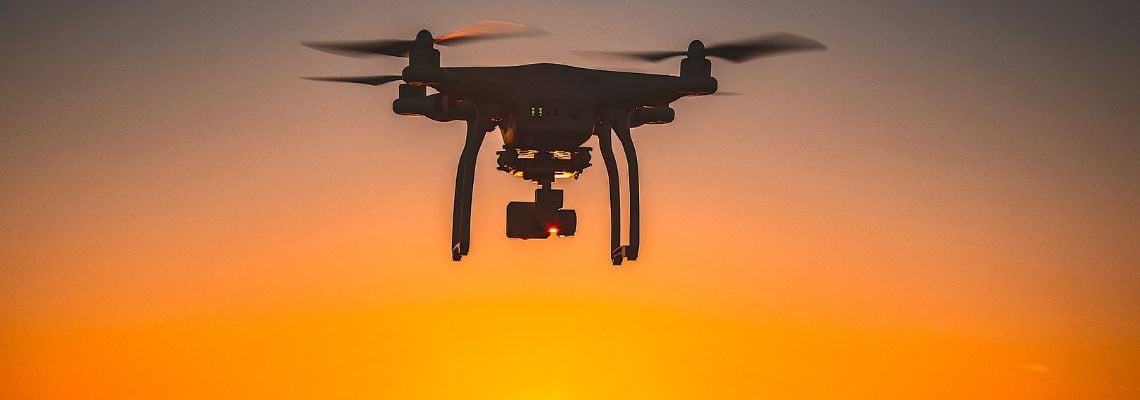VIDEO: Drones reduce water quality sampling costs in Auckland
Unmanned aerial vehicle technology is enabling Auckland Council to get water quality monitoring data quicker, more safely and cheaper than conventional methods.
Drones help collect water quality data quicker, more safely and cheaper
UAV technology used to collect water samples for quality monitoring
New Zealand city Auckland has adopted drone technology for water quality monitoring with estimates suggesting it could save 30 percent in operating costs.
Auckland Council has teamed up with engineering and environmental consulting firm Pattle Delamore Partners (PDP), who developed the methodology to carry out the sampling process.
Previously boats and even helicopters were used to collect samples. The switch has seen the unmanned aerial vehicle (UAV) technology collecting water samples, as part of the city’s Safeswim initiative to provide real-time monitoring to the public.
The drone collects samples at various interviews up to 1km offshore by lowering a sample bag into the waters. After being sent for lab analysis, results are then fed into the council’s water quality monitoring system.
One of the aims behind using drone technology is to improve the accuracy of water quality predictions, as well as reducing manpower needed to physically go out and collect samples.
Previous studies have indicated that while water at the shoreline provides the poorest water quality, improving progressively as the water gets deeper. One of the questions being addressed using the UAV is where the clean zone begins.
Text
Avoiding high risk waters
The aim is to use the resulting data to help support tourist operators and swim event organisers in making decisions on whether to hold their events if the shallows are indicating 'high risk'.
Estimates from the engineering company PDP suggest that the use of a drone will reduce operating costs associated with sampling by up to 30 percent when compared to traditional methods.
Ed Clayton, environmental science leader at PDP, said: "It has the additional benefit of keeping staff safe as they do not have to work from a vessel when water conditions can be stormy and hazardous.”
Drones in water
Historically in the water sector drone technology has been used for close visual inspection (CVI) of infrastructure assets, enabling some areas in remote locations to be inspected for the first time.
One example in the UK is utility Anglian Water, which used UAVs with thermal imaging to detect leakage. Thermal imaging could collect images showing the difference between escaping water and the surrounding earth.
GPS technology means the same UAVs can then revisit these areas to assess the extent of the leak after remediation has been put in place.
Meanwhile, in Barcelona Spanish firm FCC Engineering has been involved in a protype project called Aerial Robot for Sewer Inspection (ARSI).
The aim was to speed up, facilitate and improve the inspection of the city’s 1500 km sewerage system. ARSI drones are equipped with multiple sensors to monitor water and air quality.

Auckland innovation
Commenting on the New Zealand initiative, Mayor Phil Goff said it is an “example of Auckland’s innovation”.
Nick Vigar, programme manager of Safeswim, said: “Technology should allow us to be able to build a reliable predictive model of the offshore water quality – potentially enabling swim events to continue without interruption even after rainfall.”
Matt Montgomery, head of innovation at Auckland Council said technology-based solutions are an important part of the council’s commitment to protecting the environment and are an essential part of future-proofing our city.
“Utilising drones to further improve Safeswim makes our sustainability work easier and more efficient by automating physical and time-consuming activity,” he said.
Related content
Share your water technology stories with us
Do you have an innovation, research results or an other interesting topic you would like to share with the international water technology industry? The Aquatech website and social media channels are a great platform to showcase your stories!
Please contact our Sr Brand Marketing Manager Annelie Koomen.
Are you an Aquatech exhibitor?
Make sure you add your latest press releases to your Company Profile in the Exhibitor Portal for free exposure.
We promise never to send you spam and you can unsubscribe at any time!
